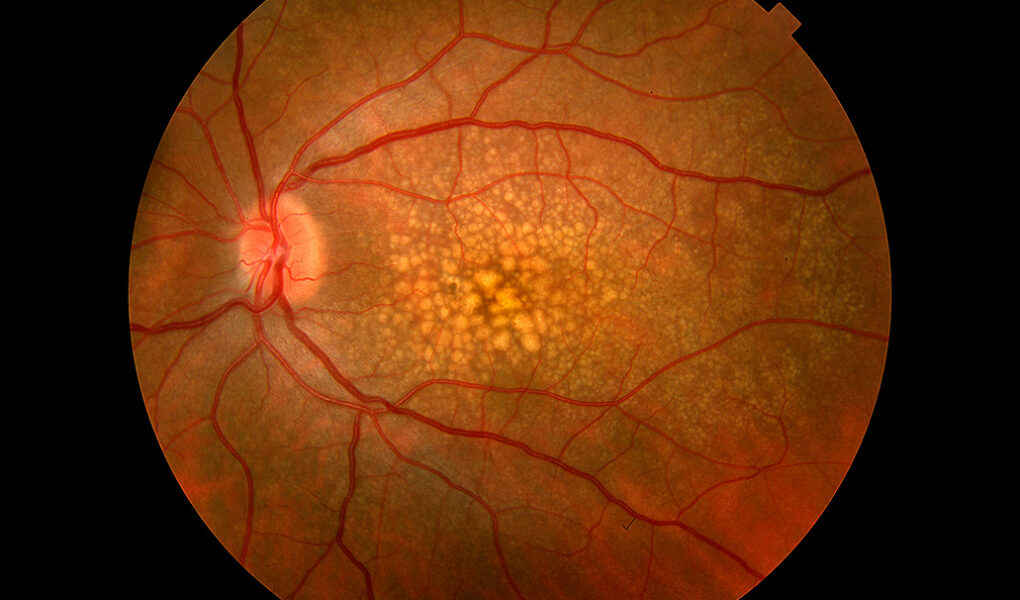Age-related macular degeneration (AMD) is a leading cause of vision loss in older adults. While there are various treatments available to slow the progression of AMD, lifestyle changes can play a significant role in enhancing the effectiveness of these treatments. This article explores lifestyle modifications that can complement AMD disease treatment and help maintain optimal eye health.
Understanding AMD and Its Treatment
AMD affects the macula, the part of the retina responsible for sharp, central vision. There are two types of AMD: dry and wet. Dry AMD is more common and progresses slowly, while wet AMD can cause rapid vision loss due to abnormal blood vessels leaking fluid. AMD disease treatment typically involves medication, laser therapy, and lifestyle changes. The goal is to slow progression, preserve vision, and manage symptoms.
Eating a Nutrient-Rich Diet
A well-balanced, nutrient-dense diet is essential for eye health and can complement AMD disease treatment. Several nutrients, including antioxidants, omega-3 fatty acids, and vitamins, have been linked to slowing the progression of AMD. These include:
- Leafy greens: Vegetables like spinach, kale, and collard greens are rich in lutein and zeaxanthin, antioxidants that protect the macula from oxidative damage.
- Fish: Fatty fish like salmon and mackerel are high in omega-3 fatty acids, which support retinal health and reduce inflammation.
- Colorful fruits and vegetables: Foods like carrots, bell peppers, and berries are rich in vitamins A and C, both of which are vital for maintaining healthy eyes.
Incorporating these foods into your diet may help enhance the effectiveness of AMD disease treatment and slow the progression of the condition.
Maintaining a Healthy Weight
Obesity and excess weight can exacerbate the progression of AMD. A healthy weight reduces the risk of developing chronic conditions such as hypertension and diabetes, both of which can worsen AMD symptoms.
Regular physical activity, combined with a healthy diet, helps maintain a healthy weight and improves overall health. Even moderate exercise, such as walking or swimming, can benefit your cardiovascular health, which, in turn, can support eye health.
Quitting Smoking
Smoking is one of the most significant risk factors for the development and progression of AMD. The chemicals in tobacco smoke damage the blood vessels in the eyes, accelerating the progression of AMD.
Quitting smoking is crucial in managing AMD, as it can help preserve vision and prevent further damage. If you are a smoker, talk to your healthcare provider about resources and programs that can help you quit.
Protecting Your Eyes from UV Light
Exposure to ultraviolet (UV) light can contribute to retinal damage and accelerate the progression of AMD. Wearing sunglasses with 100% UV protection can reduce your eyes’ exposure to harmful rays, particularly on sunny days or when spending time outdoors.
Additionally, wearing hats with wide brims or using visors can further shield your eyes from UV light. Protecting your eyes from the sun is a simple yet effective step to complement AMD disease treatment.
Regular Eye Check-Ups
Routine eye exams are essential for anyone, especially those with AMD. Regular visits to an eye specialist allow for early detection of any changes in vision, allowing treatments to be adjusted as needed.
Your ophthalmologist may also offer additional guidance on managing your condition and improving your overall eye health. Regular check-ups are crucial in monitoring the effectiveness of your AMD disease treatment and ensuring your vision remains stable.
Managing Stress and Mental Health
Chronic stress can negatively affect your overall health, including your vision. High stress levels can worsen inflammation and contribute to eye problems. Practicing stress management techniques such as yoga, meditation, or deep breathing exercises can help promote mental well-being and reduce stress levels.
Engaging in activities that promote relaxation and mental clarity can support your physical health and complement the effectiveness of AMD disease treatment.
Getting Enough Sleep
Adequate sleep is essential for overall health, including eye health. During sleep, the body repairs and regenerates tissues, including those in the eyes. Poor sleep can exacerbate inflammation, increase the risk of developing other health conditions, and impact the effectiveness of AMD treatment. Aim for 7-8 hours of restful sleep each night to promote optimal eye health.
Conclusion
While AMD disease treatment plays a central role in managing this condition, lifestyle changes are equally important in preserving vision and slowing disease progression. A nutrient-rich diet, regular exercise, and healthy habits such as quitting smoking, managing stress, and protecting your eyes from UV light can complement medical treatments and improve outcomes.
Regular check-ups with an eye care professional will also ensure that your treatment plan is adjusted as needed. By incorporating these lifestyle changes, you can take a proactive approach to maintaining your vision and overall eye health.




